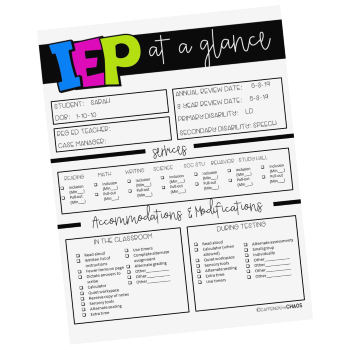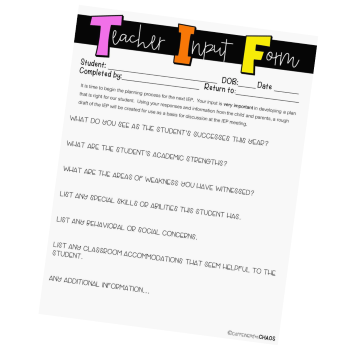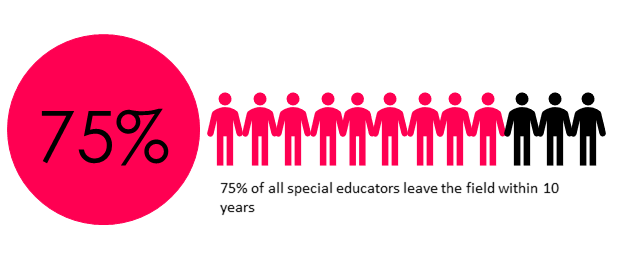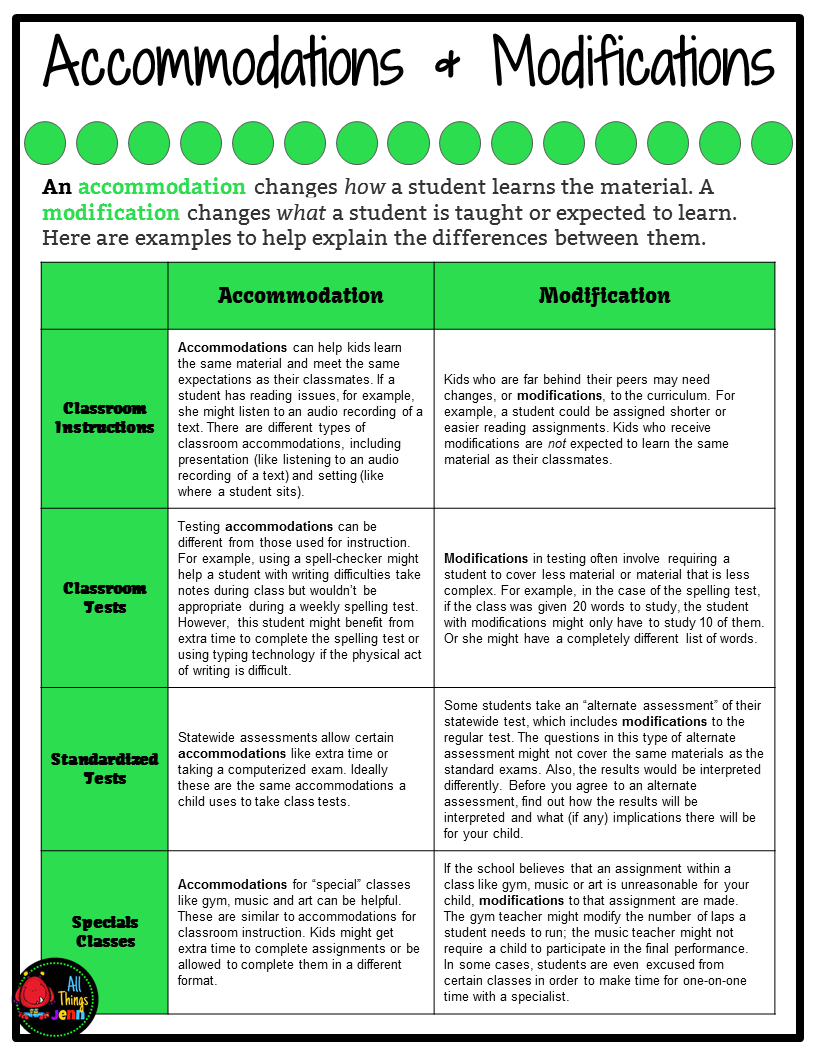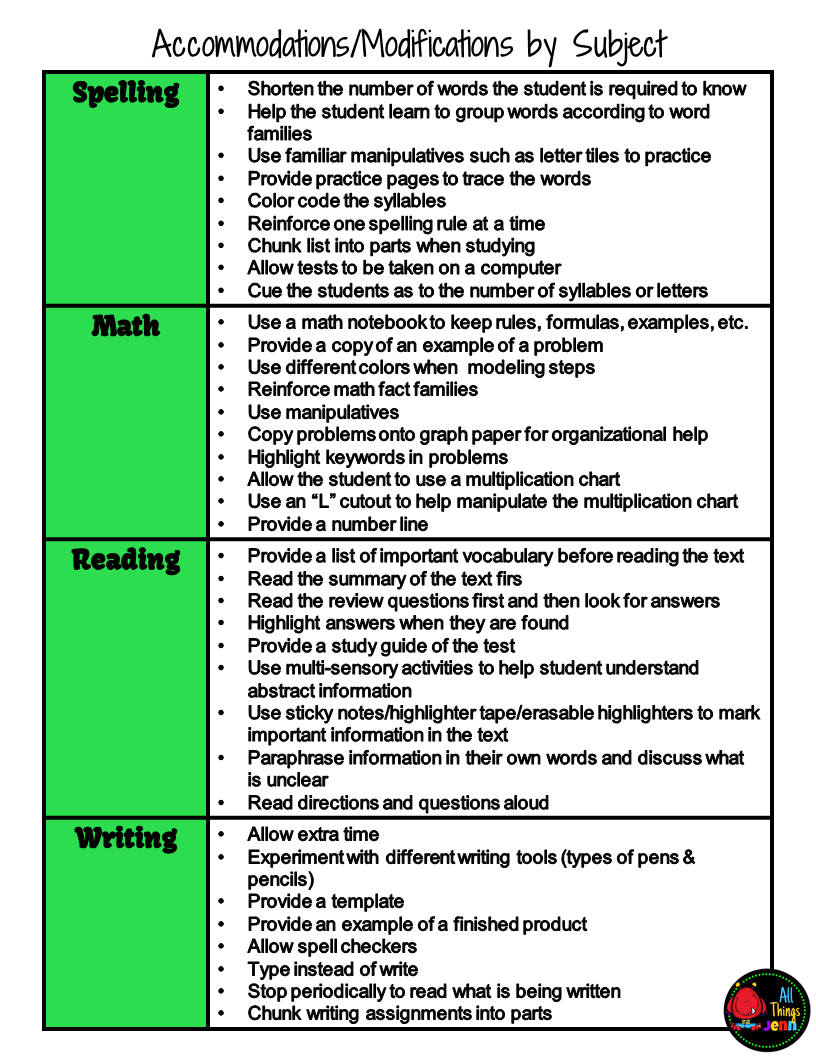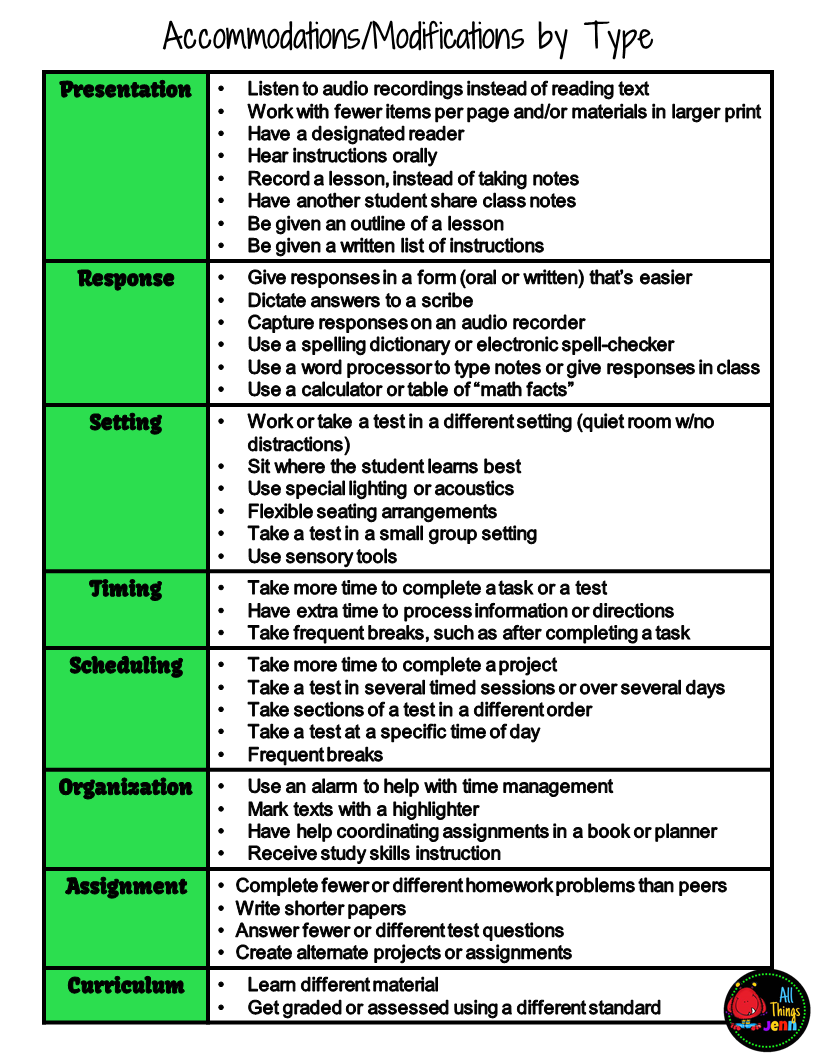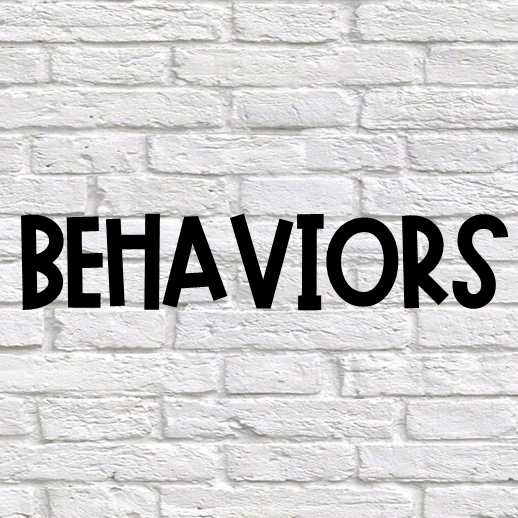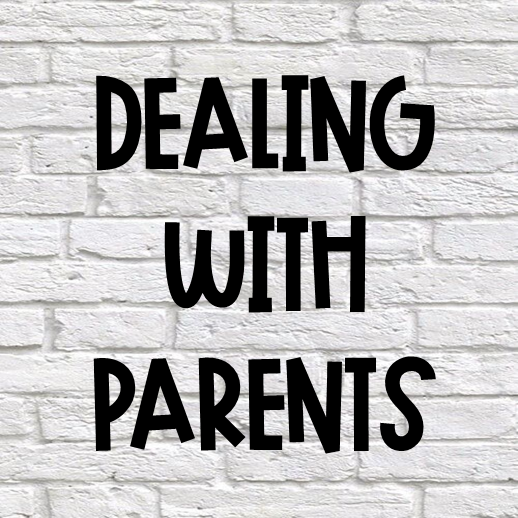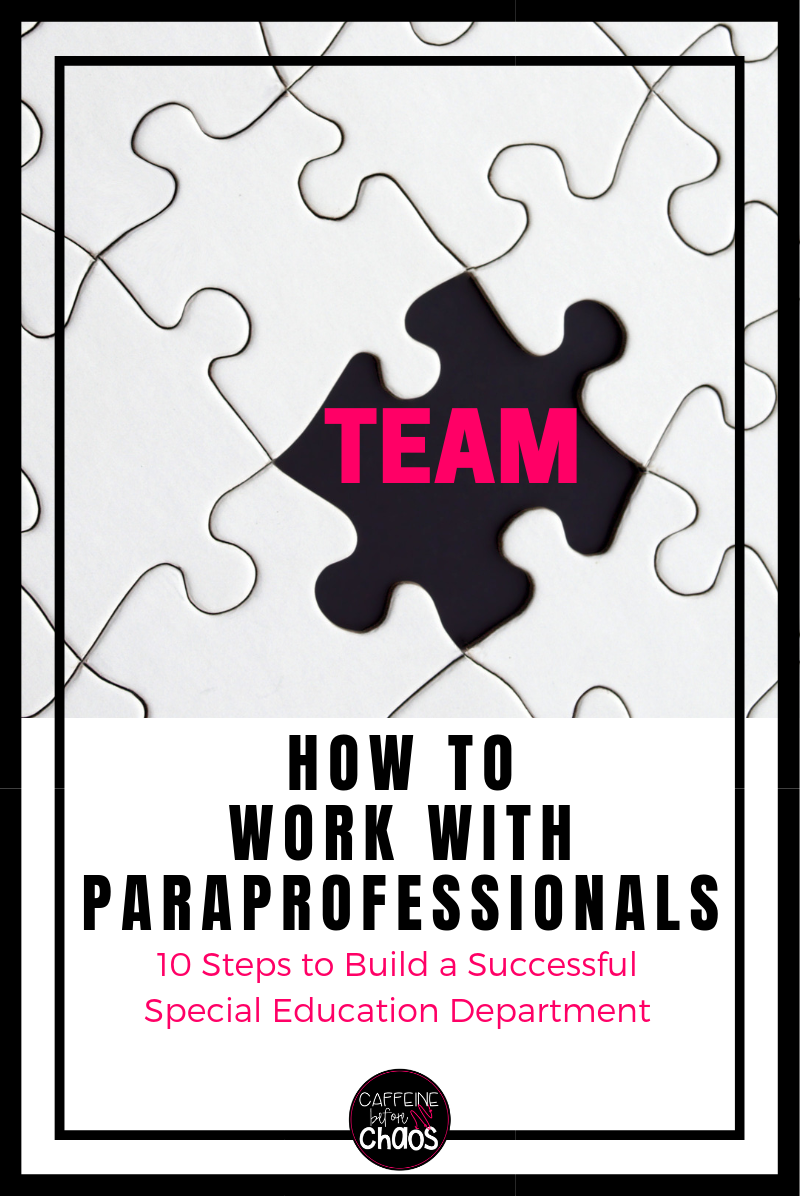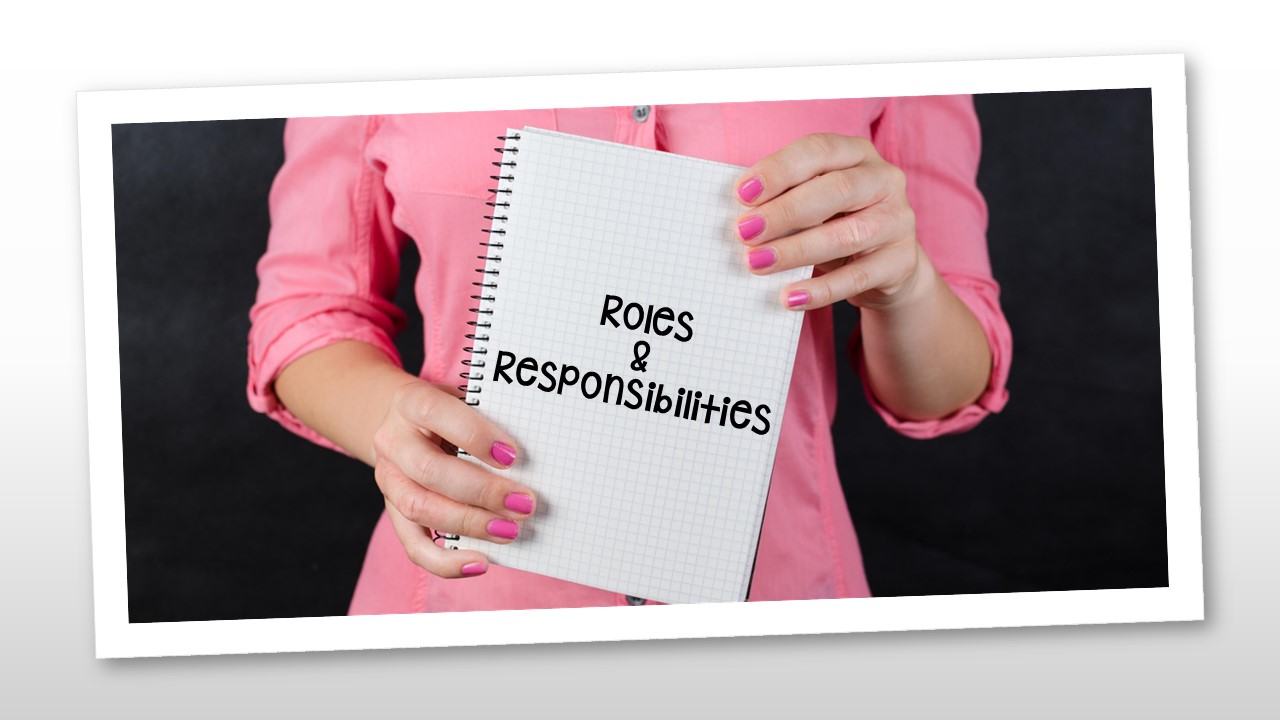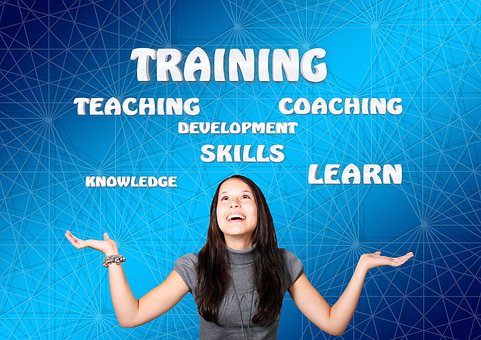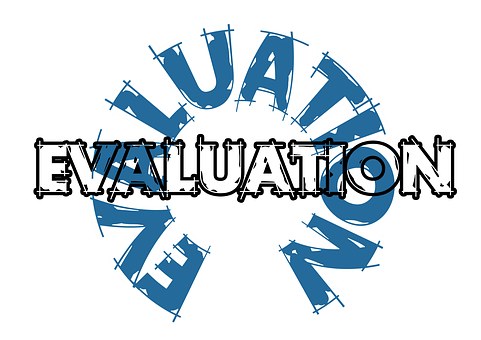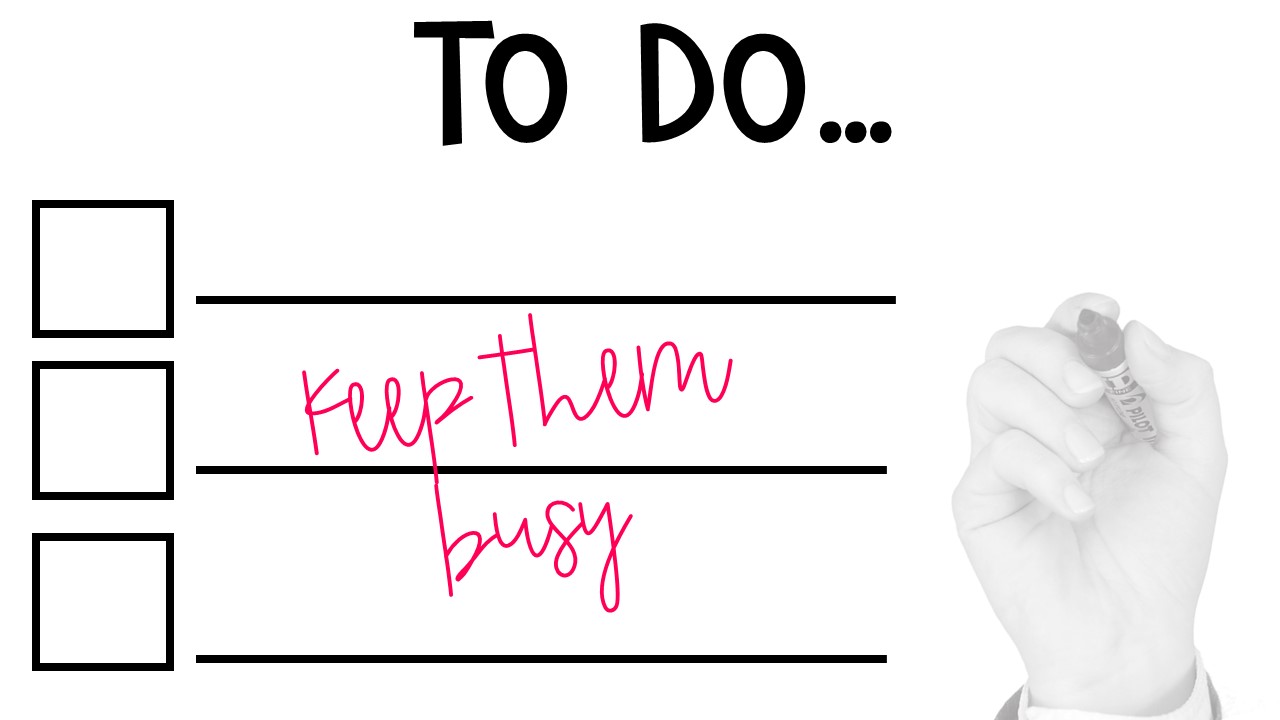
SPED & General Ed Working Together: 8 Ways to Collaborate Effectively
Inclusion of students with disabilities into the same class has brought about teams of general education and special education teachers working collaboratively to combine their professional knowledge, skill sets and individual perspectives. However, although these two entities share goals, decisions, instruction and responsibility for students, making the most of a team teaching structure can often be difficult, especially if one of the parties is hesitant to give up control.
8 Ways to Collaborate
Successful collaboration between the two teachers involves time, support, resources, monitoring, and EFFORT on both ends. Below are 8 ways the sped teacher and general education teacher can collaborate effectively within a school year to best meet the needs of their students.

At the very beginning of the year, you MUST take time to meet with the regular education teacher(s) of your students.
This is where you will share names, important information, IEP dates, schedules, etc. It gives the teachers enough information to get started but it is just that...a starting point to a year full of collaboration.
Using a form similar to the one below gives the teacher something concrete to take with them that is not as overwhelming as a copy of an IEP.
A significant challenge of collaboration is frequent and regular communication.
My favorite piece of advice in all my years of teaching is "Clearly Communicate" and it has served me well throughout my career.
Having open lines of communication with the regular education teachers you work with is essential to the process. The needs of the students and the demands of the curriculum are in constant flux. The two teachers must exchange information so that both are fully advised.
The means of this communication can be varied. The use of technology allows us to communicate more expediently. However, I urge you to communicate in person as often as you can as the tone of the message can be misconstrued through an email or text.



Take note of your general education teachers' plan times and deliberately schedule times to talk about the student's progress, needs, behaviors, etc. Use paras to cover you for these short meetings. If you don't get them on the books, they most likely won't happen and then when the time comes for the IEP, you will not have the detailed data you need.
Meeting weekly is optimal, but at least meet with them in person monthly if not bi-monthly.

When you meet with the general education teachers, be respectful of their time. You are not there to "co-blaborate". There is a time and a place for chit-chat but this is not it.
Come with a short agenda about what will be discussed. Brainstorm ways to fix problems, give suggestions, be a good listener and follow-up with the conversation later either through an email or another meeting.
A form similar to this one gives you an outline of what to talk about.



We document enough. Is it really necessary to document when we talk to teachers too?
YES!
It doesn't have to be difficult but I highly recommend that you do it. I have a binder that has a section for each student. Simply hole punch your notes page from each time you meet with a teacher and stick it in the notebook.
You work in a position where it is your responsibility to convey the information of the IEP to the general education staff. You are the primary provider for that child's education. If a parent or an administrator were to ever question you relating to collaborating with teachers, all you have to do is pull out the notebook.
Fingers crossed, you will never need the documentation.
The ultimate goal of special education is to help the child be as independent as possible and make progress in the general education curriculum.
The general education teacher has knowledge of:
-
The general education scope and sequence
-
How the student with disabilities performs in a general education context
-
How the student interacts with her peers
-
The pace of the class
-
Other students
-
The dynamics of the class
-
Approaches for teaching the class as a whole
It is important for general education teachers to know that their input is critical to the IEP both for present levels and goal development.
Don't be afraid to ask their opinion on ideas for goals. They will have a pretty good idea of what the child can and cannot do in comparison to their other students.
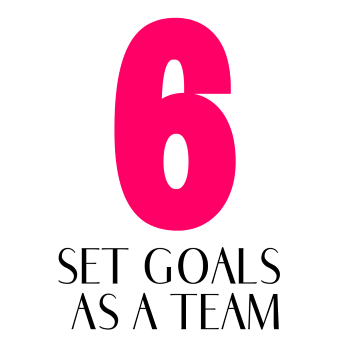
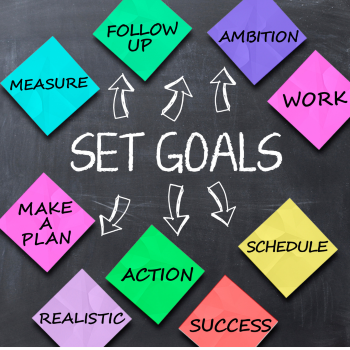

I don't know about you, but at my district we get professional development deluxe. If we are interested in attending a training and it's within driving distance, we very seldom get told no. We just have to demonstrate how it will benefit our students.
General education teachers need that training just as much as, if not more than, we do. They don't have the background we do to begin with. They most likely only had one course in college called "Exceptional Children" that just barely touches on what to expect when you have a child with disabilities in your classroom.
Take your teachers with you to professional development trainings for behavior, Autism, and anything else you feel would be useful.
Or if you are feeling brave, put together your own PD for your school.

Generally speaking, the general education teacher is considered the content expert and the special education teacher is considered the expert on adapting that content.
When collaborating, both teachers should be comfortable with a give-and-take model of exchanging ideas. This may mean that colleagues make suggestions that cross over into another teacher's "area of expertise".
In addition, points of view regarding student's needs and how to meet those needs can differ drastically from teacher to teacher. Personal experiences, generational gaps, and knowledge of special education can influence one's opinions regarding services, goals, present levels, etc.,
Be cognizant about the way you handle differing opinions. Respect your colleagues' views as a professional.


When you can work together collaboratively as a team, everyone, including and especially the student, benefits!
Thanks for learning with me!


